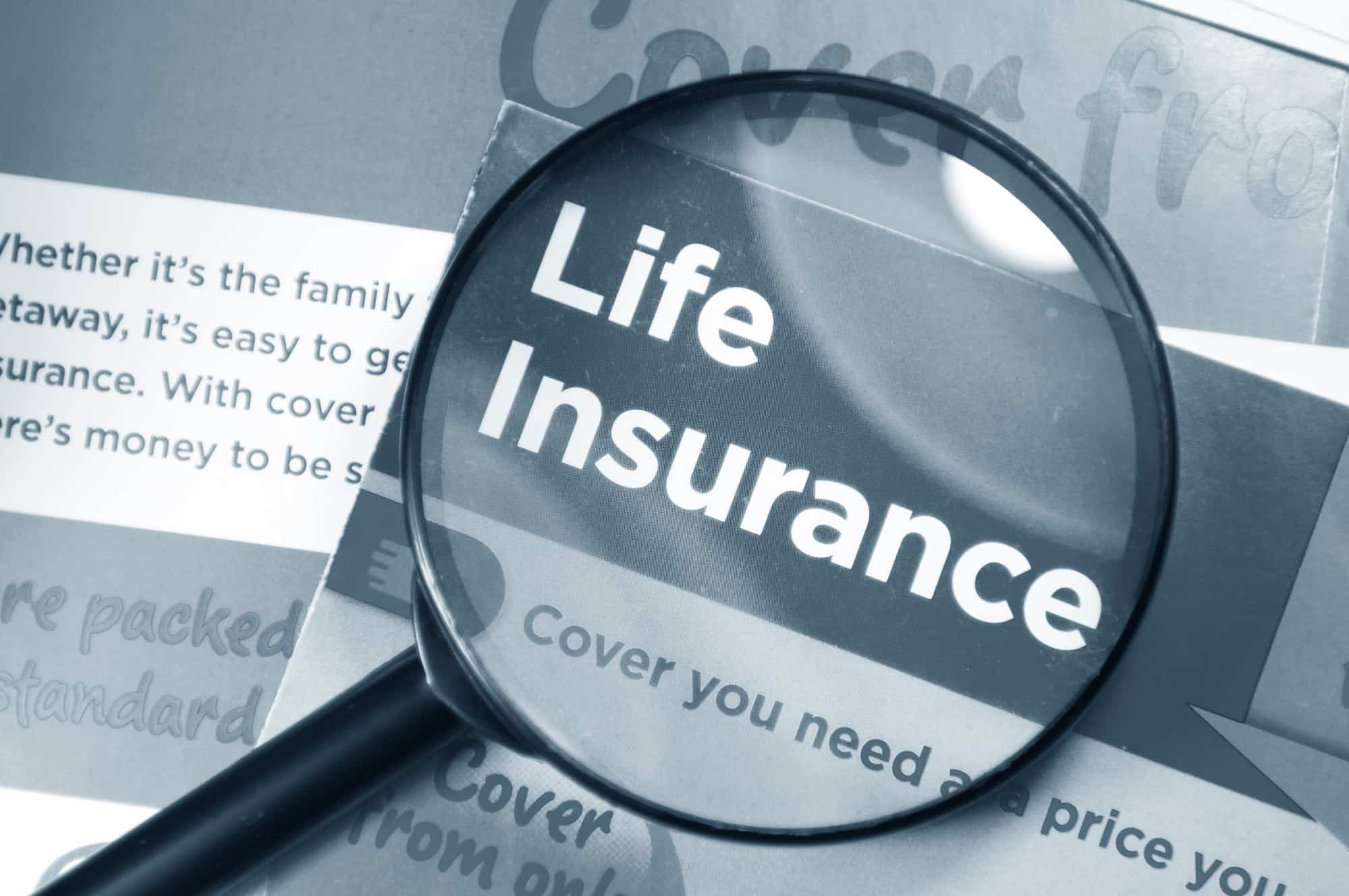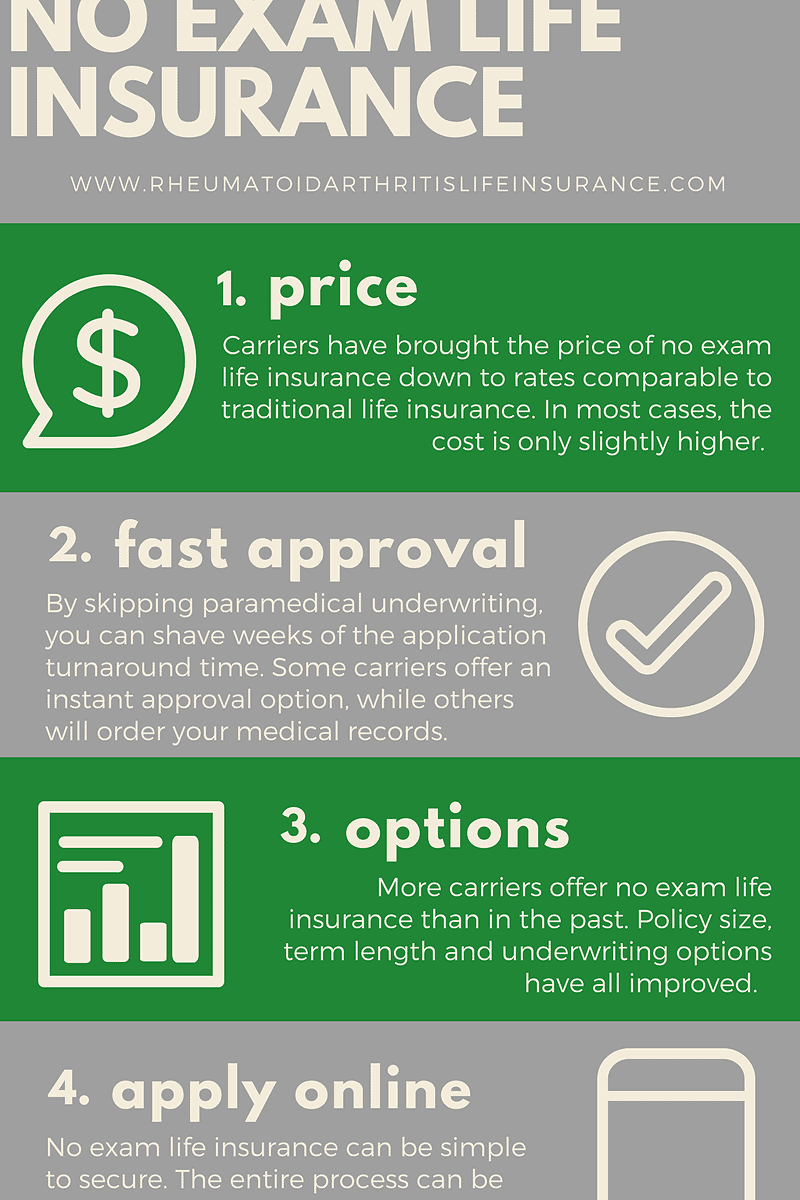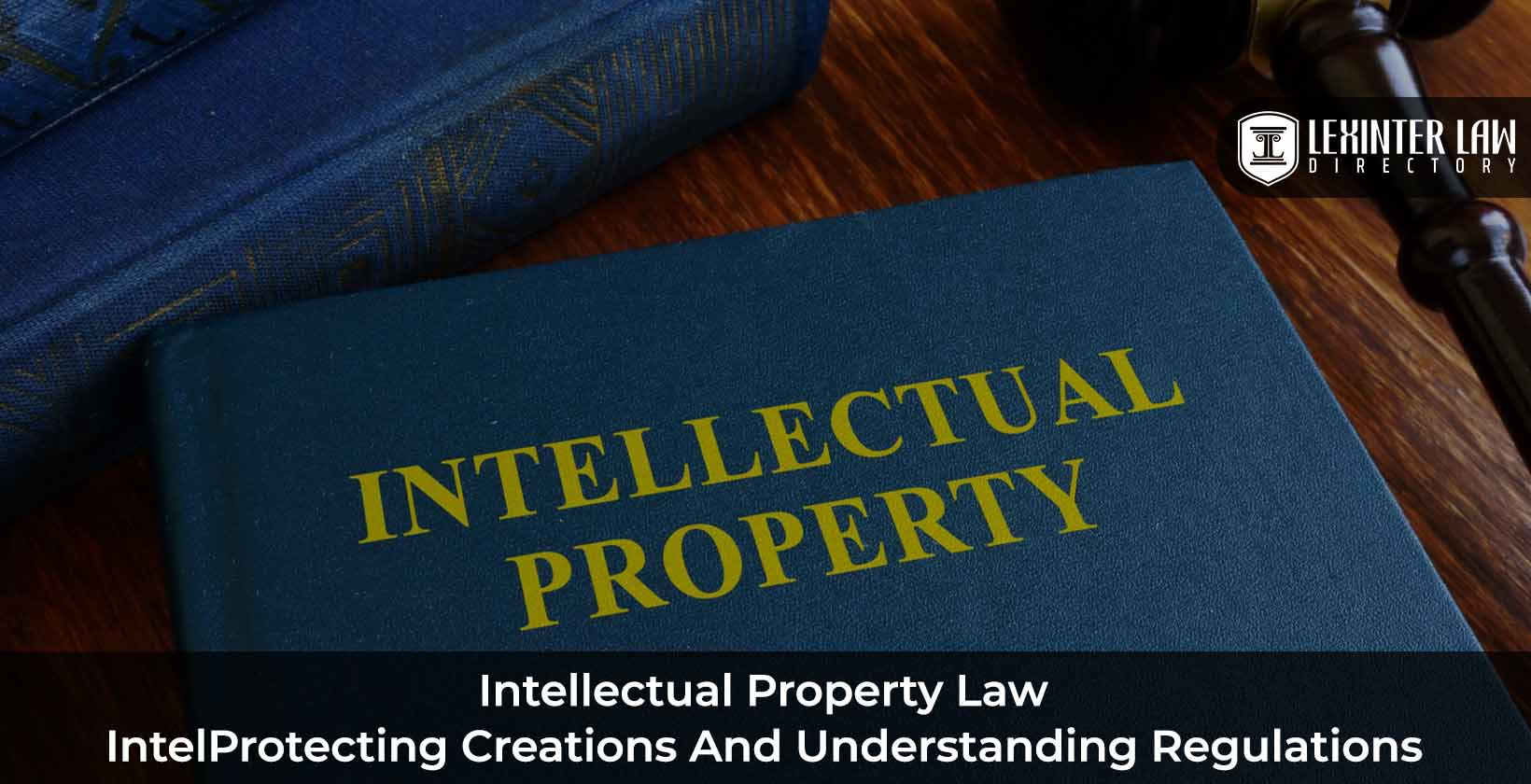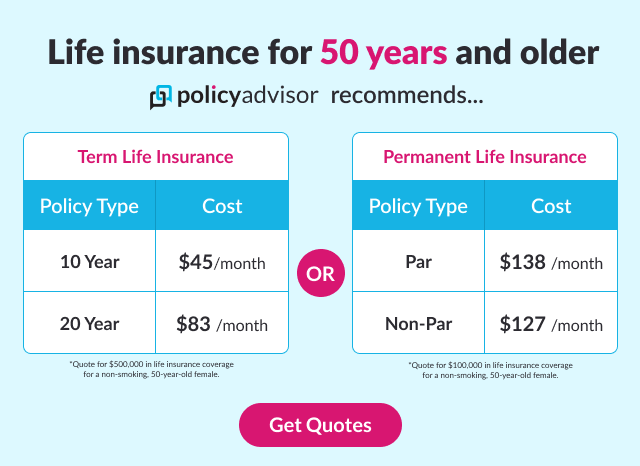Arbitration Hearing for Car Accident
Picture this: you’ve been involved in a car accident and things are super messy. The police report is a jumbled mess, the insurance companies are giving you the runaround, and you’re feeling lost and confused. What’s the next step? An arbitration hearing might be your saving grace.
Arbitration hearings are like private trials, minus the judge and jury. Instead, you’ll have a neutral third party called an arbitrator who’ll hear both sides of the story and make a final decision. The big perk? It’s usually faster and cheaper than going to court.
Before you jump in, though, there are a few things you should know. Here’s a breakdown of what to expect at an arbitration hearing for a car accident:
In this crash course, we’ll cover:
- Preparing for Your Arbitration
- What to Expect During the Hearing
- The Decision
- Pros and Cons of Arbitration
Preparing for Your Arbitration
An arbitration hearing is a serious matter, so preparation is key. Here’s how you can get ready:
Gather Evidence: You’ll need to show the arbitrator proof of your injuries, damages, and any other expenses related to the accident. Think medical records, repair bills, and witness statements.
Research Your Arbitrator: The person making the decision deserves a little background check. Find out their experience, expertise, and any biases they may have.
Practice Your Presentation: Picture this: you’re standing in front of the arbitrator, trying to explain the ins and outs of your case. It’s not a time to wing it. Practice what you’re going to say so you can present yourself clearly and confidently.
Dress Professionally: Remember, first impressions matter. You’re not going to a party, so dress respectfully. It shows the arbitrator that you take this seriously.
Arbitration Hearing for Car Accident: A Guide to Preparation
If you’ve been involved in a car accident and are considering arbitration, it’s crucial to understand the process and prepare thoroughly. Arbitration is a form of dispute resolution where an impartial third party, known as an arbitrator, hears both sides of the case and makes a binding decision.
Preparation for Arbitration
Before the arbitration hearing, the parties involved should engage in thorough preparation. This includes gathering evidence, such as medical records, police reports, and witness statements. It’s essential to organize and present this evidence in a clear and concise manner.
In addition to gathering evidence, preparing arguments is equally important. The arguments should be well-reasoned, supported by evidence, and presented in a persuasive manner. Attorneys or legal professionals can assist you in crafting strong arguments that effectively convey your case.
Settlement options should also be considered before the arbitration hearing. Arbitration provides the opportunity to reach a mutually acceptable settlement without the need for a lengthy and expensive trial. Exploring settlement options can save time, resources, and potential stress.
Steps to Arbitration Preparation
- Gather Evidence: Collect medical records, police reports, witness statements, and any other relevant documentation.
- Prepare Arguments: Develop well-reasoned and evidence-supported arguments that outline your case clearly.
- Consider Settlement Options: Explore mutually acceptable solutions to resolve the dispute without the need for a formal hearing.
Arbitration Hearing for Car Accident
Following a car accident, you may find yourself facing an arbitration hearing. Arbitration is a form of alternative dispute resolution (ADR) that provides a less formal and often speedier alternative to traditional courtroom litigation. While arbitration hearings vary in their specific procedures, they generally follow a similar process. Understanding this process can help you prepare for your hearing and navigate the road ahead smoother.
Arbitration Process
Arbitration hearings are often less formal than court trials and typically take place in a conference room or other private setting. An arbitrator, who is a neutral third party, presides over the hearing and makes a binding decision based on the evidence presented. The arbitration process typically involves the following steps:
Opening Statements:
Both parties will present their opening statements, outlining their case and the relief they are seeking.
Presentation of Evidence:
Each party will have the opportunity to present evidence to support their case. This may include documents, physical evidence, and witness testimony.
Witness Testimony:
Witnesses will be called to provide their accounts of the accident and answer questions from both parties.
Closing Arguments:
Once all evidence has been presented, each party will deliver closing arguments, summarizing their case and urging the arbitrator to rule in their favor.
Arbitrator’s Decision:
Following the closing arguments, the arbitrator will deliberate and issue a binding decision. This decision is typically final and binding on both parties, though in some cases, it may be subject to limited appeal.
Arbitration Hearing for Car Accident: A Guide to Decision-Making
If you’re involved in a car accident and can’t reach a settlement with the other driver’s insurance company, you may want to consider arbitration. Arbitration is a form of alternative dispute resolution where a neutral party, known as an arbitrator, hears arguments from both sides and makes a binding decision.
The Process
The arbitration process begins with the filing of a demand for arbitration by either party. The demand should include a brief description of the accident, the injuries sustained, and the damages sought. Once the demand is filed, the other party has a certain amount of time to file an answer.
The next step is the discovery phase, during which both parties exchange information and documents related to the accident. This can include medical records, police reports, and witness statements. The discovery phase is essential for preparing for the arbitration hearing.
The Hearing
The arbitration hearing is typically held in a neutral location, such as a conference room or a private office. The arbitrator will hear opening statements from both parties, followed by the presentation of evidence and arguments. Witnesses may be called to testify, and the arbitrator may ask questions of both parties and their witnesses.
Decision-Making
After considering the evidence and arguments, the arbitrator will issue a written decision that is binding on both parties. The decision will typically include a finding of fault, an award of damages, and an order for payment. The decision is final and cannot be appealed.
Factors Considered by Arbitrator
-
Liability: The arbitrator will determine who was at fault for the accident. This can be a complex issue, especially in cases involving multiple vehicles or disputed facts.
-
Damages: The arbitrator will calculate the damages that were sustained by the victim of the accident. This can include medical expenses, lost wages, pain and suffering, and property damage.
-
Comparative Fault: In some states, the arbitrator may reduce the amount of damages awarded to a victim who was partially at fault for the accident.
-
Precedent and Law: Arbitrators are not bound by the same rules of evidence as courts, but they will often consider precedent and the applicable law when making their decisions.
-
Fairness and Equity: Arbitrators have the discretion to make decisions based on fairness and equity, even if it means departing from the strict letter of the law.
Arbitration Hearing for Car Accident: Everything You Need to Know
If you’re involved in a car accident, you may have to go through an arbitration hearing. An arbitration hearing is a form of alternative dispute resolution (ADR) that helps settle disputes without going to court. In an arbitration hearing for a car accident, an arbitrator will listen to both sides of the story and make a decision about who is at fault and how much compensation the victim should receive.
Arbitration hearings are often used in car accident cases because they are faster and less expensive than going to court. They are also less formal, which can make them less stressful for the parties involved.
What to Expect at an Arbitration Hearing
If you’re scheduled for an arbitration hearing, you can expect the following:
• You will be asked to provide evidence to support your case (such as a police report, medical records, or witness statements).
• The arbitrator will listen to both sides of the story and ask questions to clarify the facts.
• The arbitrator will make a decision about who is at fault and how much compensation the victim should receive.
• he decision of the arbitrator is generally final and binding, but it can be appealed in some cases.
Benefits of Arbitration for Car Accident Cases
There are several benefits to using arbitration to resolve car accident disputes. These include:
• Arbitration is faster than going to court, so you can get your case resolved sooner.
• Arbitration is less expensive than going to court, so you can save money.
• Arbitration is less formal than going to court, so it can be less stressful for the parties involved.
• Arbitration is private, so your case will not be open to the public.
Drawbacks of Arbitration for Car Accident Cases
There are also some drawbacks to using arbitration to resolve car accident disputes. These include:
• The arbitrator’s decision is final and binding, so you cannot appeal it (in most cases).
• The arbitrator is not a judge, so they may not have the same level of legal expertise.
• The arbitration process can be biased in favor of the insurance company if the arbitrator is chosen by the insurance policy.
Enforcement of Arbitration Decision
The decision of the arbitrator is generally final and binding, and it can be enforced through the courts if necessary. The courts will typically enforce an arbitration decision as long as it was made fairly and in accordance with the law. If you are not satisfied with the arbitrator’s decision, you may be able to have it reviewed by a court. However, it is important to note that overturning an arbitration decision is difficult, so it is important to choose your arbitrator carefully.
Advantages and Disadvantages of Arbitration
After a car accident, you may be facing a long and expensive legal battle if you cannot reach a settlement with the insurance company. However, there is another option: arbitration.
Arbitration is a form of alternative dispute resolution (ADR) in which a neutral third party, known as an arbitrator, hears both sides of a case and makes a binding decision. Arbitration can be faster and less expensive than a court trial, but it also involves giving up the right to a jury trial and the potential for a higher award.
Whether or not arbitration is right for you depends on your individual circumstances. Here are some of the advantages and disadvantages to consider:
Advantages of Arbitration
Faster and less expensive. Arbitration is typically faster and less expensive than a court trial. This is because arbitration proceedings are less formal and do not require the same level of discovery as a court case. As a result, arbitration can save you both time and money.
Confidential. Arbitration proceedings are confidential, which means that the details of your case will not be made public. This can be important if you are concerned about your privacy.
Binding. An arbitrator’s decision is binding on both parties, which means that you cannot appeal the decision to a higher court. This can provide you with certainty and closure.
Disadvantages of Arbitration
No right to a jury trial. When you agree to arbitration, you are giving up your right to a jury trial. This means that you will not have the opportunity to have your case heard by a jury of your peers.
No right to discovery. In arbitration, there is no right to discovery, which means that you will not be able to obtain information from the other party before the arbitration hearing. This can make it difficult to prepare your case.
Limited right to appeal. An arbitrator’s decision is final and binding, which means that you have a very limited right to appeal the decision. This can make it difficult to correct any errors that may have been made during the arbitration process.
Arbitrators may be biased. Arbitrators are human beings, and they may be biased in favor of one party or the other. This can make it difficult to get a fair hearing.




Leave a Reply